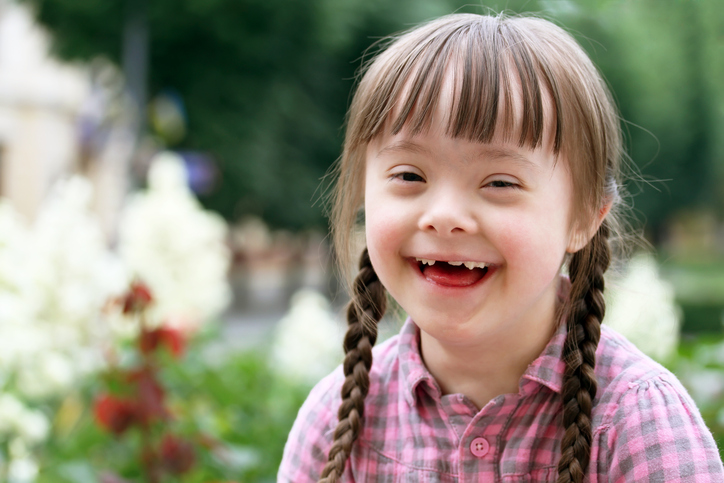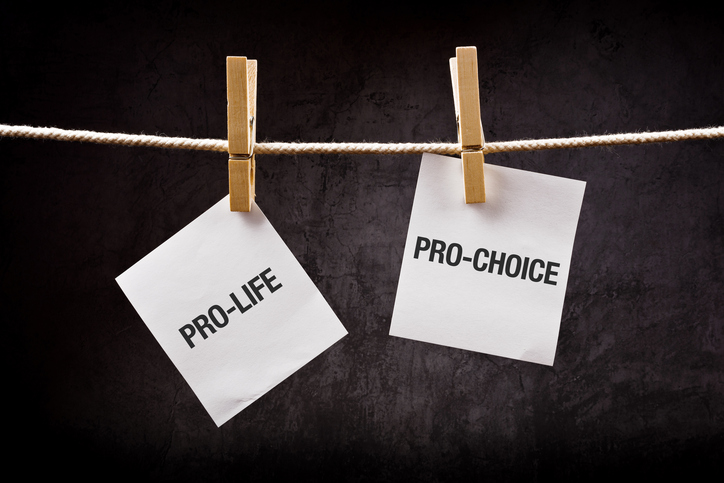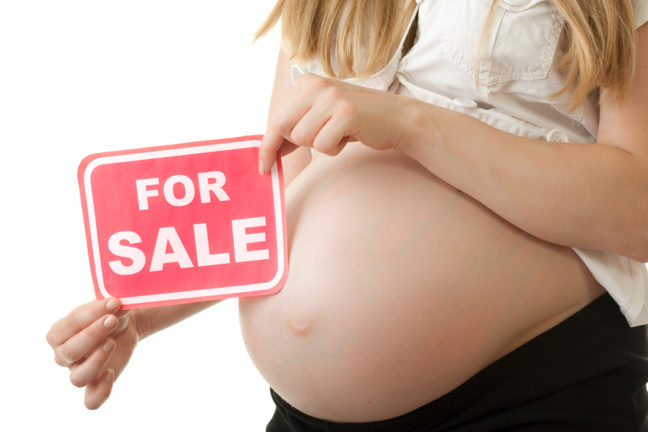


A draft of the UK Labour Party’s election manifesto reveals that they would extend the UK’s abortion regime to Northern Ireland. The document states that Labour would “continue to ensure a woman’s right to choose a safe, legal abortion – and we will legislate to extend that right to women in Northern Ireland.” The 1967 Abortion Act, which legalised the practice in Britain, never applied to Northern Ireland where abortion is available only in very limited circumstances. According to the BBC, there were 16 abortions in Northern Ireland in 2014/15, compared to 184,571 in England and Wales. This does not include the number of Northern Ireland women who travel to Britain each year for abortions.

The lower House of the Romanian parliament has given its approval to holding a referendum to define marriage as the union of a man and a woman. The measure now goes to the Romanian Senate and, if passed there, a referendum will then be held within 30 days. A petition signed by over 3.1 million Romanian citizens had asked for the referendum and the lower House duly gave its consent by a vote of 232 for, 22 against with 13 abstentions. The revised Article 48, Paragraph 1, of the Constitution of Romania, as proposed by the Citizen’s Initiative, would state: “The family is founded on the freely consented marriage between a man and a woman, their full equality and the right and duty of parents to ensure the upbringing, education and instruction of children.”

The Vatican has launched an investigation into Catholic psychiatric care centers in Belgium run by the Brothers of Charity after they approved euthanasia for patients earlier this year. The Brothers of Charity also operate in Ireland offering extensive care facilities for the mentally disabled. The Vatican’s Secretary of State Cardinal Pietro Parolin is running the investigation after the board of the Brothers’ institutions made a decision to allow doctors to euthanise patients under certain circumstances. The Worldwide head of the Brothers of Charity, Brother Rene Stockman, had campaigned against the legalisation of euthanasia in Belgium and strongly opposed the decision to euthanize patients in the Brothers’ own care-facilities. It was he who brought the matter to the attention of the Vatican as well as to Belgium’s Catholic bishops. The case is reminiscent of the Sisters of Charity in Ireland whose hospitals have agreed to comply with the 2013 law on providing abortion in certain limited circumstances and who are due to own the new maternity hospital where all services “legal in the state” will be available including IVF, sterilisation and abortion.

Six far-left TDs protested the recitation of a prayer before yesterday’s Dáil session by remaining firmly seated throughout its duration. This violated the protocol of standing respectfully while the Ceann Comhairle recits the prayer. TDs are also required to stand during the new 30 second period of reflection, introduced to appease those of no religion. However, some of the protesting TDs held aloft posters stating “Separate Church and State” even during this silent time. The TDs want the prayer to be abolished entirely. The prayer states: “Direct we beseech thee O Lord, our actions by Thy holy inspiration, and carry them on so that every word and work of ours may always begin from Thee and by Thee be happily ended.”

The Archbishop of Armagh, Eamon Martin, has said decades of work by priests and religious in education and healthcare are being “almost obliterated by a revised and narrow narrative that religious ethos cannot be good for democracy”. The Archbishop was speaking at the University of East Anglia in England on Monday night where he delivered a lecture on The Church in the Public Sphere – a perspective from Ireland. He said there was a view that religious ethos stands “against the progress and flourishing of society and the rights of citizens” and there was a belief that things related to faith were “unconnected with reason”, when, in fact, “every Catholic position on concrete morals is argued from reason even when there exists a biblical warrant for that position.” Archbishop Martin said the Church has no desire for a theocracy in Ireland, North or South. “However, the church does expect that in a true pluralist democracy or republic, religion and faith will continue to have an important part to play in the national conversation.”

A company in Australia has come up with a macabre ‘solution’ to the problem of leftover embryos of IVF cycles. For parents who are reluctant to freeze or destroy their embryonic children, they might now instead craft them into bespoke jewellery pieces. Amy McGlade, founder of Baby Bee Hummingbird, said since starting in 2014, they have crafted over 4000 pieces of jewellery, including 50 made with embryos. “I don’t believe there is any other business in the world that creates jewellery from human embryos, and I firmly believe that we are pioneering the way in this sacred art, and opening the possibilities to families around the world.” She added: “We knew the costs of storage are huge, and donation isn’t always possible or wanted solution. The families we craft for are very educated, loving people who are aware of the options. What a better way to celebrate your most treasured gift, your child, than through jewellery?” One such happy customer is Belinda Stafford who had seven leftover embryos crafted into a pendant which she wears around her neck. “My embryos were my babies – frozen in time. When we completed our family, it wasn’t in my heart to destroy them. Now they are forever with me in a beautiful keepsake.”

A General Scheme of legislation dealing with Assisted Human Reproduction (AHR) and Surrogacy is being worked on in the Department of Health and should be ready by June according to Minister for Health, Simon Harris. He told the Dáil that the legislation “will regulate a range of practices for the first time, including: gamete (sperm or egg) and embryo donation for AHR and research; surrogacy; pre-implantation genetic diagnosis (PGD) of embryos; posthumous assisted reproduction; and stem cell research”. Once the General Scheme is completed, it will be submitted to the Government for cabinet approval and then on to the Joint Oireachtas Committee on Health for pre-legislative scrutiny.
